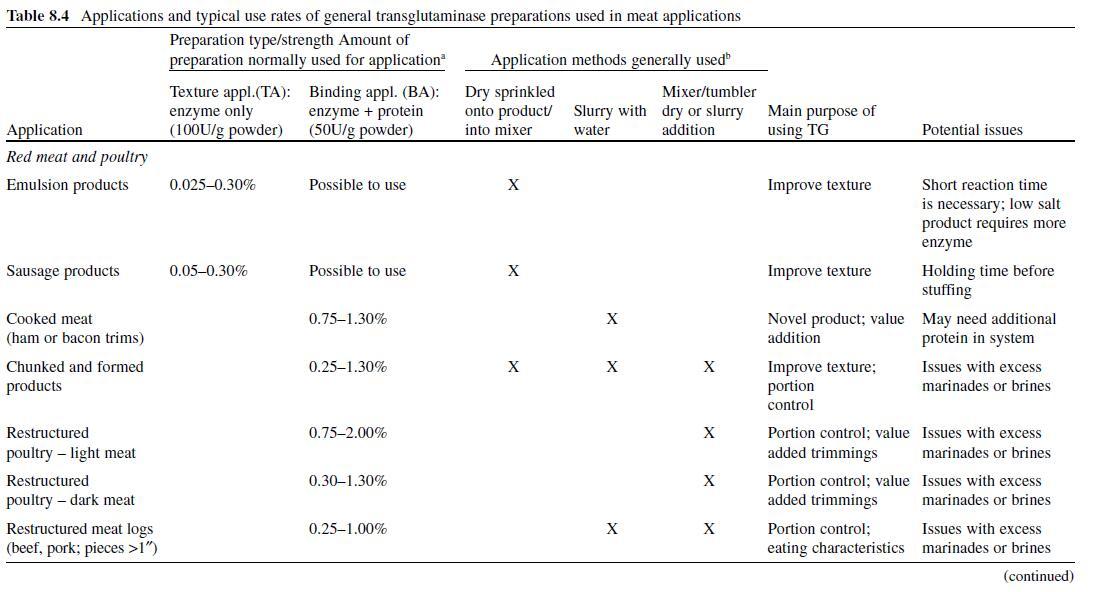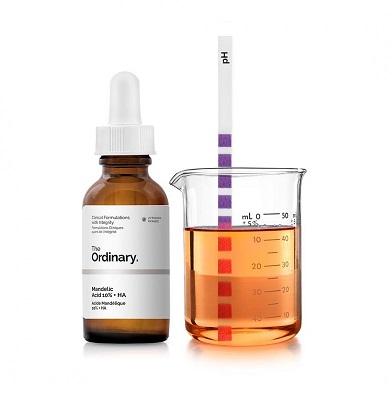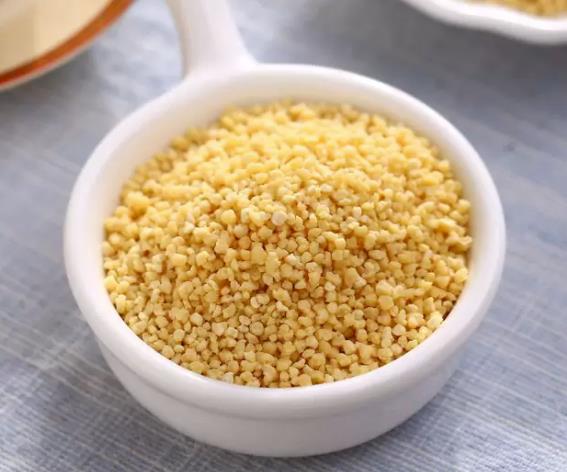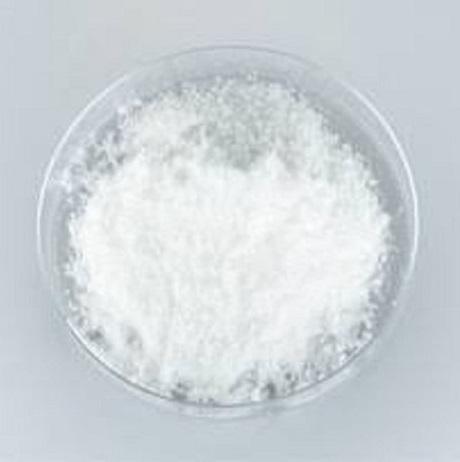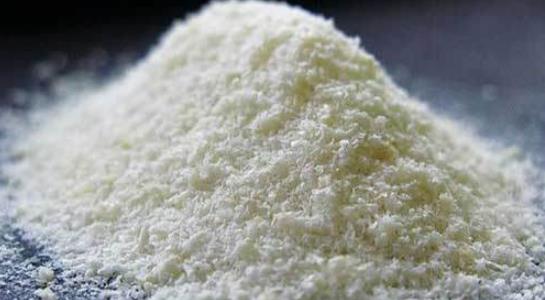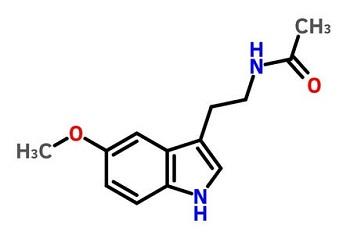Biochemical Engineering is one of the pillar industries of the 21st century and is the interdiscipline of biology, chemistry and engineering, being the general term of biochemical engineering and bio-processing engineering as well as being a branch of biotechnology. It is also one of the frontiers of chemical engineering disciplines and is the means for the conversion of biological technology into productivity, industrialization and commercialization. Biochemical Engineering products are products with animals, plants, microorganisms as raw materials and processing through approaches of biochemical engineering, physics and chemistry. It is widely applied to various kinds of fields including medicine, food, feed, basic organic chemicals, organic acids and bio-pesticides.
What is AICAR?
AICAR (5-aminoimidazole-4-carboxamide-1-β-D-ribofuranoside) is a substance produced naturally by the body that stimulates AMP activated protein kinase (AMPK), a protein that regulates metabolism in a
Mar 17,2022 Biochemical EngineeringEpitalon---The “fountain of youth” peptide
Epitalon is a synthetic tetra-peptide with amino acid sequence Ala-Glu-Asp-Gly. Epitalon is derived from Epithalamin (Epithalamine), a naturally occurring polypeptide in the body, which is produced in
Mar 17,2022 Biochemical EngineeringTransglutaminase: Sources, Enzyme Reaction, Approved Meat Uses for TGase and Application Areas
Various forms of TGase are present throughout nature in everything from microorganisms (Ando et al., 1989) and crustaceans (Kumazawa et al., 1997) , to plants.
Mar 16,2022 Biochemical EngineeringTenderizing Enzymes from Plants and Uses in Meat Products
Tenderizing enzymes generally come from one of three sources: plant, fungal, or bacterial. Plant sources have the longest history, with fungal and bacterial being more recent developments.
Mar 16,2022 Biochemical EngineeringBiosynthesis of Mandelic acid
Mandelic acid is an aromatic alpha hydroxy acid with the molecular formula C6H5CH(OH)CO2H. It is a white crystalline solid that is soluble in water and polar organic solvents. It is a useful precursor
Mar 10,2022 Biochemical EngineeringFunctions of lecithin
Lecithin is known as the "third nutrient" alongside protein and vitamins; as a functional nutritional health product, it cannot be effective immediately like drugs.
Mar 9,2022 Biochemical EngineeringHealth benefits of Xylitol
Xylitol is a sugar alcohol which provides 100% of the sugar sweetness of sucrose and has been shown to inhibit growth of some types of oral bacteria (International Food Information Council Foundation.
Mar 9,2022 Biochemical EngineeringEfficacy of Chitosan
Chitin ( N-acetyl-d-glucosamine) is a structural component of crustacean, fungi, insect, annelid, mollusk, and coelenterata exoskeletons. When deacetylated with a strong alkaline solution, chitin prod
Mar 9,2022 Biochemical EngineeringSkin Benifits of Growth Factors
Growth factors stimulate keratinocytes to differentiate, proliferate, and migrate to different layers of the skin. Epidermal, fibroblast, and hepatocyte growth factor (HGF) families as well as insulin
Mar 9,2022 Biochemical EngineeringSkin Benifits of Melatonine
Melatonin is a lipophilic peptide hormone normally secreted by the pineal gland that plays a role in hair growth, immunoregulation, and aging, among other functions. Melanin is also synthesized and me
Mar 9,2022 Biochemical Engineering



